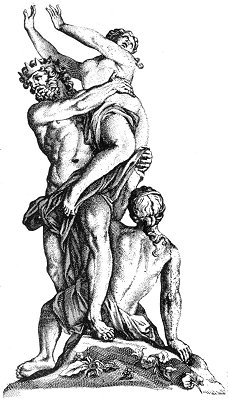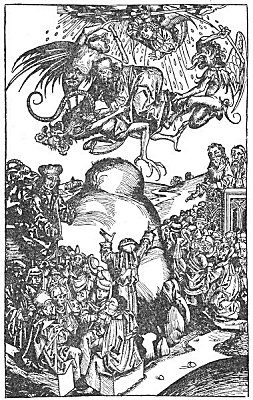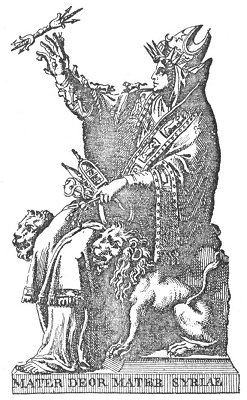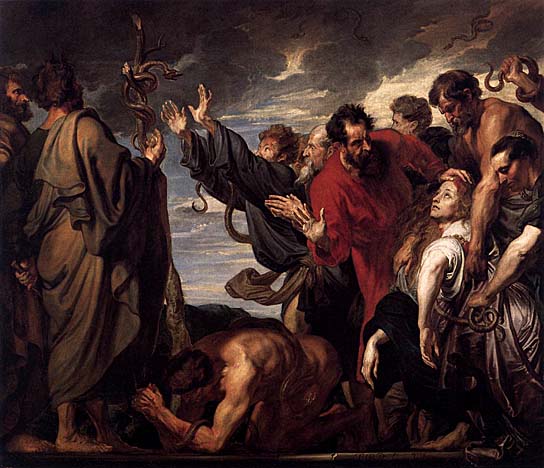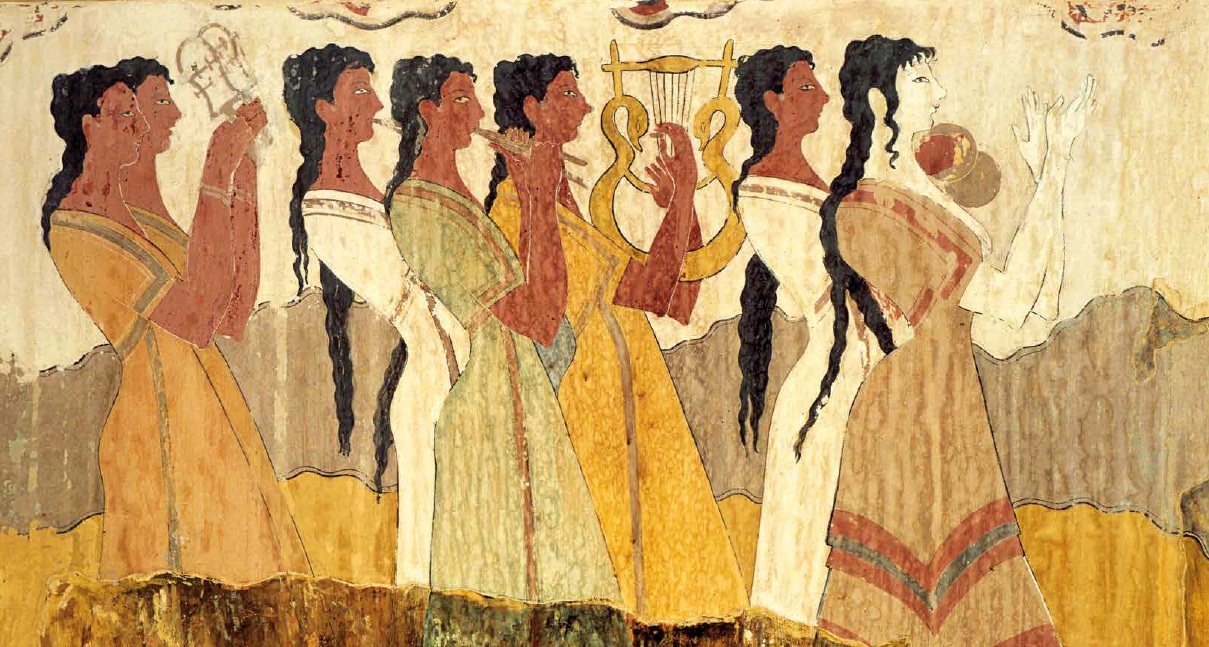Page 291
century preceding our era, and that Buddhasp (Bodhisatva) the alleged Chaldean, was the founder of Sabism or baptism.
What the actual Baptists, el-Mogtasila, or Nazareans, do believe, is fully set forth in other places, for they are the very Nazarenes of whom we have spoken so much, and from whose Codex we have quoted. Persecuted and threatened with annihilation, they took refuge in the Nestorian body, and so allowed themselves to be arbitrarily classed as Christians, but as soon as opportunity offered, they separated, and now, for several centuries have not even nominally deserved the appellation. That they are, nevertheless, so called by ecclesiastical writers, is perhaps not very difficult to comprehend. They know too much of early Christianity to be left outside the pale, to bear witness against it with their traditions, without the stigma of heresy and backsliding being fastened upon them to weaken confidence in what they might say.
But where else can science find so good a field for biblical research as among this too neglected people? No doubt of their inheritance of the Baptist’s doctrine; their traditions are without a break. What they teach now, their forefathers taught at every epoch where they appear in history. They are the disciples of that John who is said to have foretold the advent of Jesus, baptized him, and declared that the latchet of his shoe he (John) was not worthy to unloose. As they two — the Messenger and the Messiah — stood in the Jordan, and the elder was consecrating the younger — his own cousin, too, humanly speaking — the heavens opened and God Himself, in the shape of a dove, descended in a glory upon his “Beloved Son”! How then, if this tale be true, can we account for the strange infidelity which we find among these surviving Nazareans? So far from believing Jesus the Only Begotten Son of God, they actually told the Persian missionaries, who, in the seventeenth century, first discovered them to Europeans, that the Christ of the New Testament was “a false teacher,” and that the Jewish system, as well as that of Jesus (?), came from the realm of darkness! Who knows better than they? Where can more competent living witnesses be found? Christian eccle-
Page 292
siastics would force upon us an anointed Saviour heralded by John, and the disciples of this very Baptist, from the earliest centuries, have stigmatized this ideal personage as an impostor, and his putative Father, Jehovah, “a spurious God,” the Ilda-Baoth of the Ophites! Unlucky for Christianity will be the day when some fearless and honest scholar shall persuade their elders to let him translate the contents of their secret books and compile their hoary traditions! It is a strange delusion that makes some writers think that the Nazareans have no other sacred literature, no other literary relics than four doctrinal works, and that curious volume full of astrology and magic which they are bound to peruse at the sunset hour, on every Sol’s day (Sunday).
This search after truth leads us, indeed, into devious ways. Many are the obstacles that ecclesiastical cunning has placed in the way of our finding the primal source of religious ideas. Christianity is on trial, and has been, ever since science felt strong enough to act as Public Prosecutor. A portion of the case we are drafting in this book. What of truth is there in this Theology? Through what sects has it been transmitted? Whence was it primarily derived? To answer, we must trace the history of the World Religion, alike through the secret Christian sects as through those of other great religious subdivisions of the race; for the Secret Doctrine is the Truth, and that religion is nearest divine that has contained it with least adulteration.
Our search takes us hither and thither, but never aimlessly do we bring sects widely separated in chronological order, into critical juxtaposition. There is one purpose in our work to be kept constantly in view — the analysis of religious beliefs, and the definition of their descent from the past to the present. What has most blocked the way is Roman Catholicism; and not until the secret principles of this religion are uncovered can we comprehend the iron staff upon which it leans to steady its now tottering steps.

Moe is the founder of GnosticWarrior.com. He is a father, husband, author, martial arts black belt, and an expert in Gnosticism, the occult, and esotericism.


